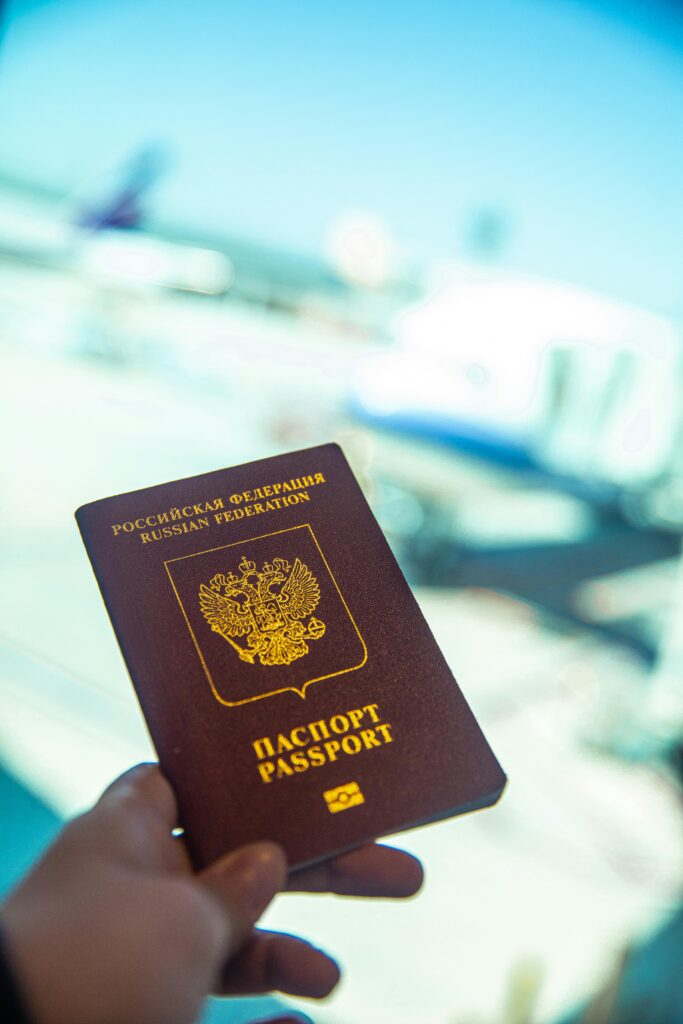International students continue to flock to Canada for its world-class universities, multicultural opportunities, and promising employment market. Nevertheless, despite a high volume of applications, a significant proportion of students seeking a Canadian study visa are rejected. Applicants to Canadian institutions in 2025 should be familiar with the most common reasons for student visa rejections.
This study analyzes the primary reasons given for rejecting Canadian student visas, backed by up-to-date information and theories. It also provides useful tips on how to avoid these pitfalls and improve your application’s chances of acceptance.

1. Money Isn’t Shown to Be Enough
An inadequate means test is a common reason for a student visa denial in Canada. Applicants are required by Immigration, Refugees and Citizenship Canada (IRCC) to demonstrate their ability to cover the costs of tuition, living expenses, and transit back home.
Reasons for its importance:
Concerns concerning an applicant’s ability to support themselves financially while attending school or their potential impact on Canada’s social services arise when they fail to provide convincing proof of enough funds.
What to do next:
-
Please provide genuine scholarship applications, loan consent letters, or bank statements.
-
Please provide documentation of regular earnings or long-term savings.
-
The required sum, which is typically $10,000 CAD per year to cover living expenses plus tuition, must be clearly stated in the most recent documents.
2. Weak Connections to the Home Country
It is the responsibility of the applicant to demonstrate to the visa granting officers that they intend to return home upon completion of their education. If there are no personal, social, or economic ties to the country of origin, it should raise red flags.
This is important because immigration officials in Canada may reject a visa application if they have suspicions that the applicant is trying to unlawfully enter the country or seek refuge.
What to do next:
-
Bring documentation from your home country showing that you have relatives, property, or job opportunities.
-
Include a well-crafted statement of purpose that details your plan for returning.
-
Avoid using terms that suggest you want to remain in Canada permanently.
3. A Lackluster or Erratic Study Routine
A visa denial might be the consequence of an incomplete or inconsistent study plan. You need to make sure that the strategy backs up your course, school, and long-term goals.
The visa office must be able to understand your academic and occupational history, your intended program of study, and your long-term goals for the program.
What to do next:
-
Make an interesting SOP that relates to your job goals and the course you’re taking.
-
Make it very clear how this program helps you reach your career objectives.
-
Stay away from generic or copy-and-pasted SOPs; authenticity is key.
4. The Choice of Programs Raises Questions
On rare occasions, a student’s major won’t mesh with their prior knowledge or career goals. One can wonder about the applicant’s intentions in light of this inconsistency.
The significance of it:
If your academic history and the major you’ve chosen don’t line up, the visa office can see it as strange or even absurd.
What to do next:
-
Clearly articulate your program choices in your SOP.
-
Write about the benefits to your career and why you’re changing careers if you’re doing so.
-
To back up your claim, you might refer to labor market statistics and potential job prospects.
5. Poor Work in the Classroom
Rejection may follow low grades in previous classes, especially if the program is very competitive.
Canadian universities and immigration officials look for candidates with strong academic credentials in the field of study they want to enroll in.
What to do next:
-
Please provide all transcripts and certifications.
-
Please provide thorough justifications for any deficiencies or low marks in your SOP.
-
Emphasize your achievements, accolades, or progress throughout the years.
6. Language Proficiency Issues
Failure to meet the language criteria, particularly those pertaining to English or French, is another common reason for the denial of student visas.
The significance of it:
If you have low scores on the International English Language Testing System (IELTS), the Test of English as a Foreign Language (TOEFL), or any other comparable test, it may be difficult for you to integrate into your program.
What to do next:
-
Get the minimum scores required by the institution and the IRCC.
-
Please provide up-to-date, accurate test results.
-
Consider enrolling in a language class before to applying if your score is low.
7. Records That May Be False or Questionable
A serious offense that will lead to an instant rejection is providing documents that are fake, altered, or not verifiable.
Canada has robust anti-fraud legislation, which is why it’s important.
A multi-year suspension and visa denial are possible outcomes of any hint of dishonesty.
What to do next:
-
Be sure to only provide genuine paperwork.
-
Verify the accuracy of the translations and notarizations of all documents.
-
Verify that the advisors or agents you choose are reliable.
8. Research Objectives-Related Questions
If the visa officer suspects that the student is trying to enter the country illegally or work while on a study visa, the application will likely be refused.
Reasons for its importance:
A student visa is primarily intended for the purpose of studying, not for permanent relocation or full-time employment.
What to do next:
-
Stay away from talking about your far-off immigration plans.
-
Make your academic goals and the reasons you want to study stand out.
-
Stay away from worrying too much about job opportunities in Canada.
9. Use That Is Vague or Missing Information
Incomplete applications or errors in the documentation process are typical reasons for rejection.
The significance of it:
Officials will have a more difficult time determining your eligibility and will see your application as careless if it is incomplete.
What to do next:
-
Do a last check of the dates, spellings, and paperwork.
-
Gather the required paperwork and pay the associated costs.
-
If you need help, go out the IRCC checklist.
10. Choosing an Institution
There may be doubts if you apply to less famous or non-DLI schools.
The point is that students can’t get study permits or post-graduation work permits (PGWP) until they enroll in DLIs.
What to do next:
-
Send your applications to renowned and esteemed DLIs.
-
Review the Canadian government’s official DLI list.
-
You should only enrol in schools that have a proven track record of success and extensive resources to assist their students.
Methods to Maximize Your 2025 Prospects
In 2025, keep in mind the following recommendations to improve your approval odds:
-
Make a detailed plan and start the application process right away.
-
Consult with experienced immigration attorneys.
-
Make an organized, reasonable, and tailored study plan.
-
All of your content should be thorough, honest, and transparent.
-
Prepare for language examinations so you may get the required score.
-
Finally, arm yourself with knowledge and readiness.
Conclusion
Obtaining a student visa to attend a Canadian university is feasible with the right preparation and documentation. Candidates may improve their applications by avoiding common mistakes and being familiar with the major reasons for rejection. Due to increased scrutiny in the year 2025, students will need to be more proactive and diligent.
Submit your application to Canada with candor, clarity, and the necessary paperwork to join the hundreds of other international students who are doing the same.
